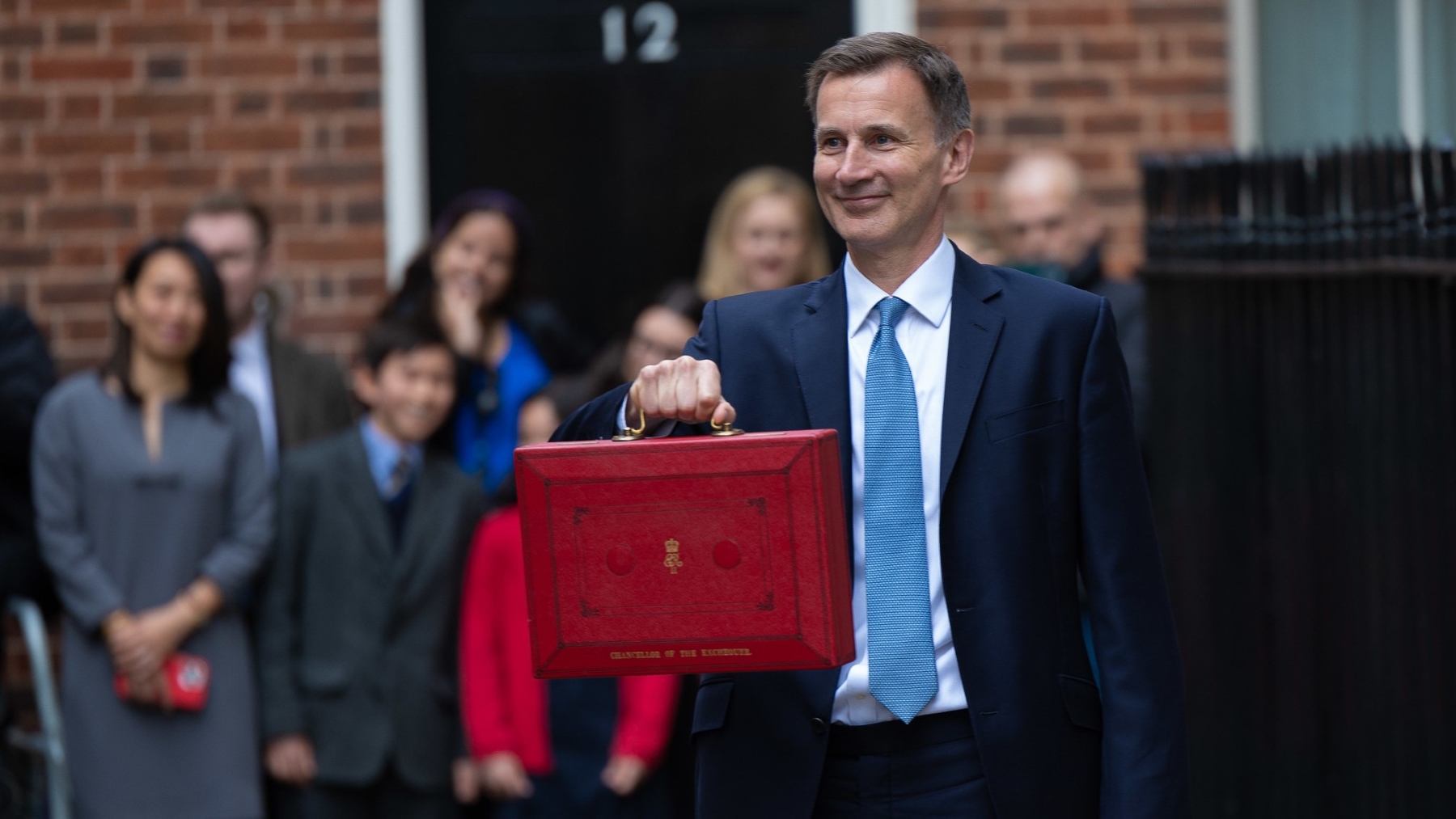Chancellor Jeremy Hunt has delivered the 2023 Spring Statement amid a challenging economic climate, with businesses watching closely for measures affecting the UK’s tech industry.
From R&D tax credits, business rates, Investment Zones, and funding for quantum computing and AI, here is a recap of the spring budget measures that UK tech needs to know.
Business tax
Hunt said that current business tax rates were discouraging enterprise and investments. Despite this, corporation tax will rise to 25% as previously announced. The chancellor claimed this will only affect 10% of businesses.
To encourage business growth, Hunt announced a full capital expensing programme for the next three years (with possible extensions), which means firms can fully deduct spend on IT equipment and machinery from taxable profits. Hunt said this cut was worth £9bn for every year it is in place.
“If the super deduction was allowed to end without a replacement we would have fallen down the international league tables on tax competitiveness,” Hunt said.
Investment zones
The chancellor was keen to remind parliament of the Conservative’s ‘levelling up’ agenda. In an effort to progress this goal, Hunt announced the expected Investment Zone plan that will see eligible regions benefit from £80m in government support as well as business incentives such as reduced tax rates.
The investment zones, a watered-down version of a policy unveiled by Hunt’s predecessor Kwasi Kwarteng, will be spread across the West Midlands, Greater Manchester, the North East, South Yorkshire, West Yorkshire, East Midlands, Teesside and Liverpool.
There will also be at least one in each of Scotland, Wales and Northern Ireland to create what the chancellor described as “12 potential Canary Wharfs” in reference to the East London business centre’s regeneration scheme. The zones will be centred around high-level research centres such as universities.
R&D
As expected, research and development (R&D) received a nod, following intense lobbying from the tech community. Hunt said that SMEs that spend more than 40% of expenditure on R&D can claim a credit “worth £27 for every £100 they spend”.
Hunt described the policy as a “£1.8bn package of support helping 20,000 cutting edge who day by day are turning Britain into a science superpower”.
AI and quantum
Hunt has repeatedly said he wants to make the UK a science and technology superpower. During the Spring Statement he unveiled funding for high-growth tech sectors of AI and quantum computing, Hunt’s Spring Statement declared government funding would go towards these industries.
This will come in the form of a £1m prize (called the Manchester Prize) per year to the firm that has achieved the “most groundbreaking British AI research” as well as additional funding for computing power.
“Because AI needs computing horsepower I today commit around £900m to implement the recommendations of the independent future of compute review,” Hunt said.
An additional £2.5bn in government funding was also committed as part of the new national quantum strategy for the next 10 years.
What was missing from the spring budget?
There was no mention of the long-awaited semiconductor strategy, despite industry sources suggesting Hunt might share a funding amount ahead of a full announcement later this year.
Hunt said he will announce measures in the Autumn Statement to “unlock” additional funding sources for companies, such as making LSEG a more attractive place to list.
He added that the collapse and subsequent rescue of Silicon Valley Bank UK shows we need a “larger and more diverse finance system” for the innovation economy.
The post Spring Statement 2023: Measures affecting UK tech appeared first on UKTN | UK Tech News.


